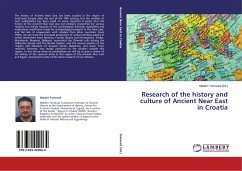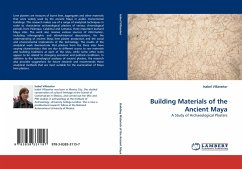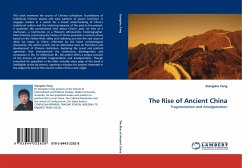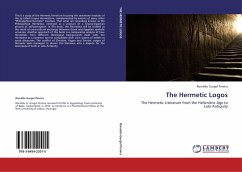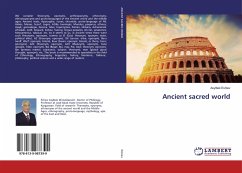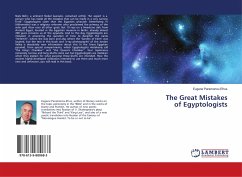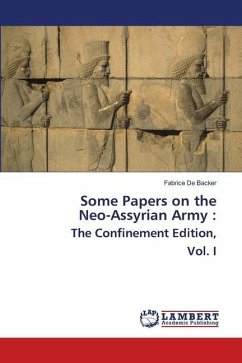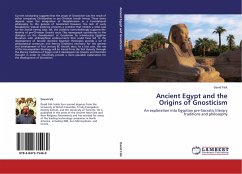
Ancient Egypt and the Origins of Gnosticism
An exploration into Egyptian pre-Socratic literary traditions and philosophy
Versandkostenfrei!
Versandfertig in 6-10 Tagen
39,99 €
inkl. MwSt.

PAYBACK Punkte
20 °P sammeln!
Current scholarship suggests that the origin of Gnosticism was the result of either competing Christianities or pre-Christian Jewish heresy. These views depend upon the integration of Neoplatonism as a foundational philosophy to the genesis of Gnosticism. However, the lack of early Neoplatonic textual evidence presents a problem that inhibits a solid case for the Jewish heresy view. Yet, the evidence overwhelmingly supports the identity of pre-Christian Gnostic sects. This monograph contributes to the dialogue on the development of Gnosticism by introducing Egyptian literature with philosophic...
Current scholarship suggests that the origin of Gnosticism was the result of either competing Christianities or pre-Christian Jewish heresy. These views depend upon the integration of Neoplatonism as a foundational philosophy to the genesis of Gnosticism. However, the lack of early Neoplatonic textual evidence presents a problem that inhibits a solid case for the Jewish heresy view. Yet, the evidence overwhelmingly supports the identity of pre-Christian Gnostic sects. This monograph contributes to the dialogue on the development of Gnosticism by introducing Egyptian literature with philosophical undercurrents that could have led to the development of Gnostic doctrine. Egyptian theologies provide a set of philosophical constructs and literary traditions necessary for the genesis and development of first century BC Gnostic sects. As a test case, the rise of the Hermopolitan theology will be traced from the first dynasty through the literary traditions of Egypt until it developed into Gnostic and Hermetic thought in order to inductively provide a more plausible explanation for the development of Gnosticism.



